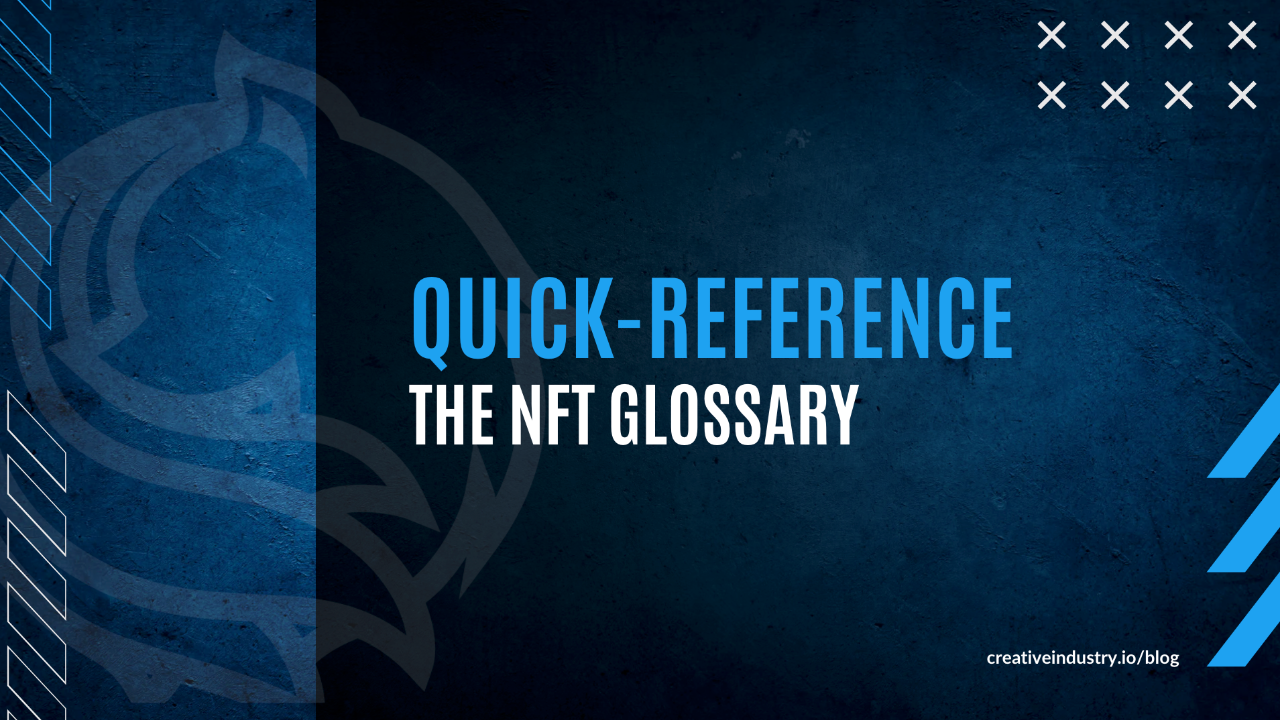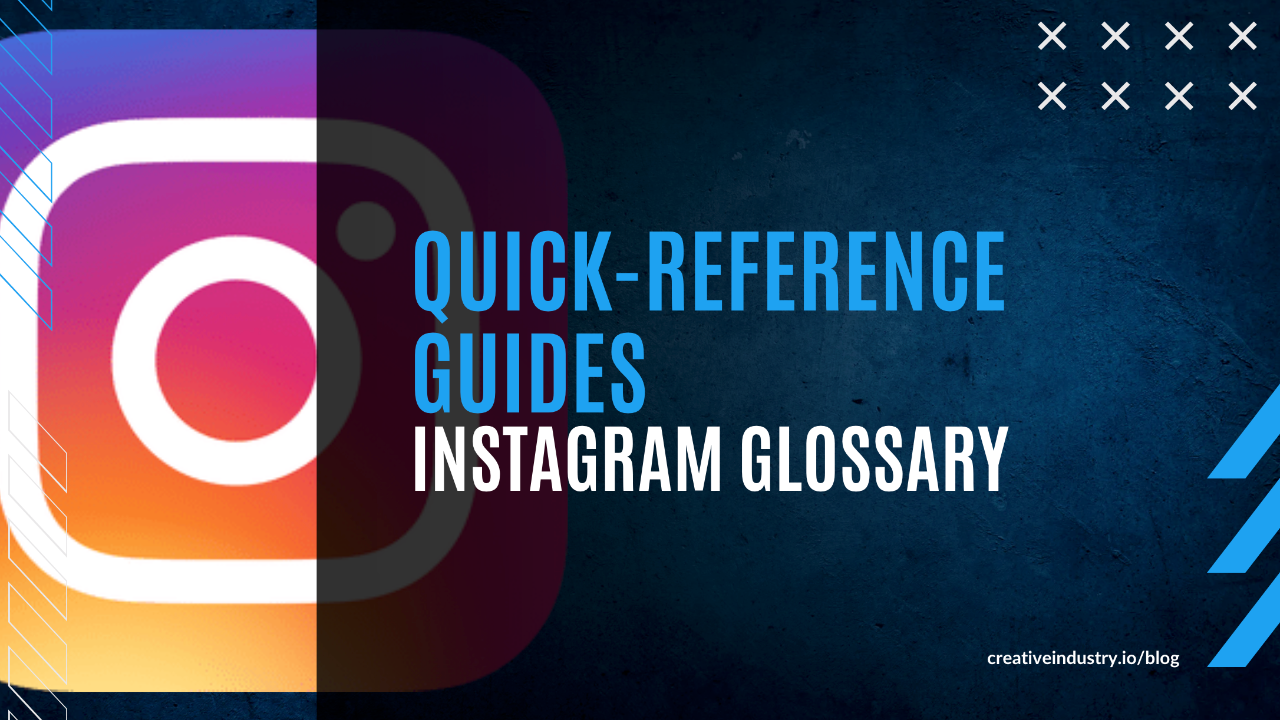
Affiliates, Sponsors, and Partners
Original article date: Aug 5, 2020
The most common forms of mutually-beneficial marketing campaigns are affiliates, sponsors, and partners. Business-to-business communication is essential, so before we discuss how to contact businesses to start a relationship, we need to know the differences.
Please note that mention of ‘contract’ is not legal advice: this blog is not dedicated to providing legal advice.
The Benefit for Creatives
All three relationships generally fall under “influencer marketing” for creatives. However, I encourage you to amplify your thinking and consider the business-to-business (B2B) relationships you could begin to build today.
Depending on your brand, your pitch will vary greatly but the benefit is universal: the ability to generate passive income using target marketing is, I would argue, one of the easiest ways to wealth as a creative, especially one with any following.
Affiliations
What is an Affiliate?
An affiliate is an entry-level program. Businesses often contract with creatives who leverage their content to make passive income using affiliate links. Smart affiliates accept companies and products that align with their social capital. My photography blog, for example, contains affiliate links with Skylum Software, directly aligning my audience and assets. Each piece of content that I generate contains affiliate links.
Generating Income
An affiliate makes income via affiliate linking and vanity codes. Each contract differs from program to program but you can generally expect a vanity link, promotional code, and set kickback per item sold. Some programs even give you a kickback just for clicks!
Importantly, freelancers and entrepreneurs should start building their portfolio in order to land sponsors and partnerships. You make income over time instead of getting a check in the mail for one piece of work. Also, keep your affiliates ordered on a CRM to reference whenever you create new content.
Affiliate Programs
An affiliate program is usually easy to apply for. Many companies align with affiliate marketing networks. These require you to build a profile and apply for their programs, some of which are more strict than others.
Other companies would have you apply on their affiliate website without too much hassle for metrics. Conversely, some companies are discerning about who they associate with but a prepared freelancer can land them.
Sponsorships
What is a Sponsorship?
Sponsorship is an agreement made between a content creator and a company to produce content for a specific purpose. This could be event sponsorship, a medium (blog, video, photo), or a long-term commitment. Long-term commitments usually include the company’s logo displayed on content as well as feature commercials on the creator’s platform. Instead of alignment-based, it is participation-run.

Generating Income
A sponsor is typically awarded with gear, digital goods, or flat rates based on the work they produce. It can also include a percentage based on the products sold, just like affiliations. Keep in mind that sponsorships are based on a content-by-content basis: in the video game world, a publisher might sponsor a streamer via a game download and ask them to create five x-hour long streams for a flat rate.
Sponsorships are not always as rewarding long-term, although it can seem lucrative at first. This depends on the contract: if you make sales via an affiliate link into the future, and your content stays up, passive income will be made. However, single production content means you’ll get one check in the mail rather than multiple over time.
Sponsorship Programs
Sponsorship programs are established and kept close to each business with their own unique parameters based on their marketing standards. Having a media kit is especially important if you want to land a sponsor. It is also important to learn how to cold-call and email them (cold-call: without prompt). Pitching is another especially important value.
As each obligation is unique, knowing your worth and negotiation is something to prepare yourself for. If you’re a bit lost on how to start, How to Start Freelancing might be for you.
Partnerships
What is a Partnership?
A partnership agreement is based on each business’s social capital and takes time and effort to forge. Usually, partnerships are between a company and an expert in their field, someone with a proven record of industry knowledge and overall experience.
A diverse partnership is often recommended in order to avoid conflicts of interest as well as diversifying customer acquisition. Yet, it is important to stay within the confines of their social capital. These partnerships are easy to set up and quick to convert due to each relationship’s experience in the field.
Generating Income
First, partner contracts are extremely varied and can have anywhere from a simple trade of databases to multi-million dollar contracts for conversions, collaborations, and content creation.
The next thing to keep in mind is that partnerships are based upon third-party recommendations from field experts — these companies have experience with social metrics and are paid handsomely for their years of effort.
Lastly, a partner program cannot be readily nailed down due to the massive variance of what it looks like and there are rarely established programs. Partnerships are relationships and should be regarded as such.
Affiliations, Sponsorships, or Partnerships?
Wherever you are in your business, take an hour to chart your social capital. Consider what companies fit within those circles.
Think about building bridges and how to align your business with adored and trusted brands. Affiliates, sponsors, and partners are great sources of income but treat them with the respect that they deserve: aligning with these companies builds relationships *and* credibility.
A small business that generates a wealth of content should initially consider affiliations. Not only is applying easy but they make a modest income. Keep in mind that some companies are more discerning than others.
If you are a content creator with content in your pocket, look for both affiliations and sponsorships. For sponsorships, you should have a Media Kit ready. It should contain links to your full portfolio as well as social media analytics and, if applicable, companies you worked with in the past. Also, be prepared to write each potential sponsor as if you are applying for a role within a company and treat each email individually.
Final Thoughts
The final note I want to make: affiliate, sponsorship, and partnership marketing is a robust ecosystem for the survival of the creative industry. Participation is not just making a piece of content: companies rely heavily on content and hype to spread awareness of their brand. Leverage your contracts to build credibility.
As such, communication is paramount. Know the differences between affiliates, sponsors, and partners to reduce confusion between you and your brands. Be forthcoming with information about your brand as well as metrics. Know your social capital and how brands can leverage your platform to engage with a wider audience. Know what payment structure to expect and what they expect from you. Like all relationships, this relationship needs to be communicated as clearly and concisely as possible.
Know Your Brand
It begins with social capital: know your brand and what makes it attractive to your audience. Explore various assets and how to align yourself with businesses that fit your range. No matter which contracts you apply for, recognize that you are entering into a mutually-beneficial ecosystem. Use it to build brand awareness, boost your income, and generate credibility.





